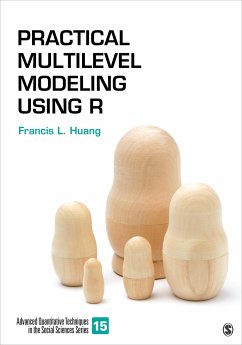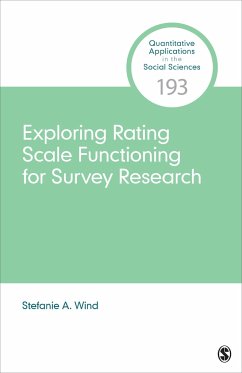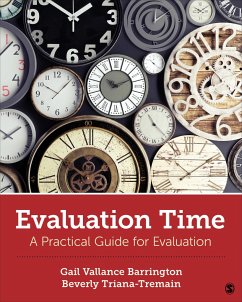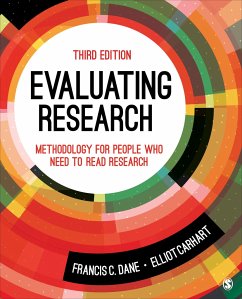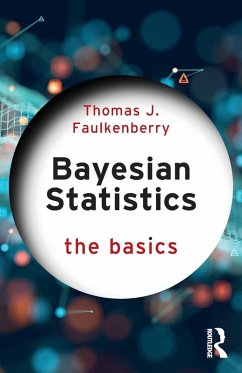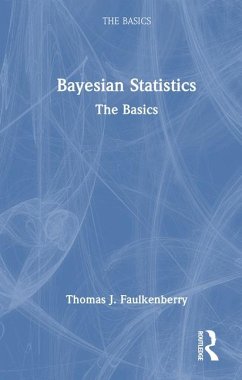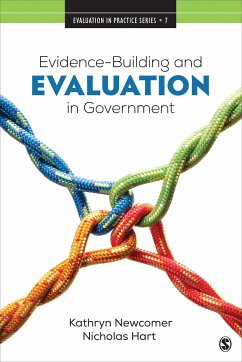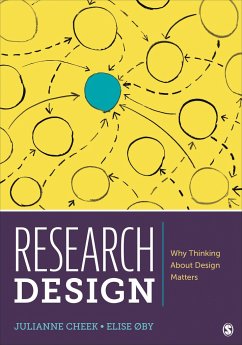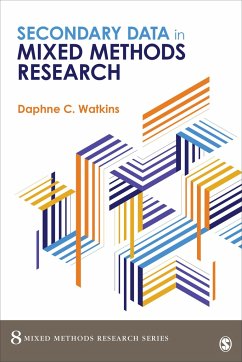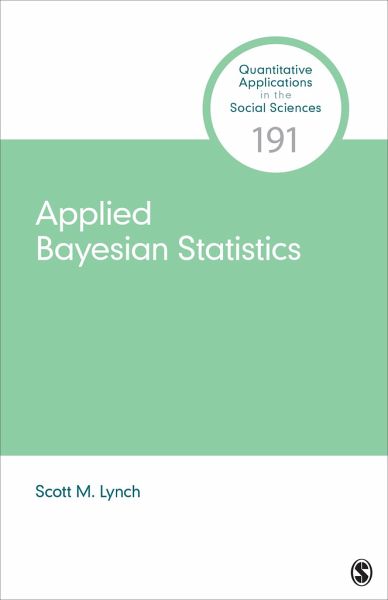
Applied Bayesian Statistics
Versandkostenfrei!
Versandfertig in 2-4 Wochen
52,99 €
inkl. MwSt.

PAYBACK Punkte
26 °P sammeln!
Bayesian statistical analyses have become increasingly common over the last two decades. The rapid increase in computing power that facilitated their implementation coincided with major changes in the research interests of, and data availability for, social scientists. Specifically, the last two decades have seen an increase in the availability of panel data sets, other hierarchically structured data sets including spatially organized data, along with interests in life course processes and the influence of context on individual behavior and outcomes. The Bayesian approach to statistics is well...
Bayesian statistical analyses have become increasingly common over the last two decades. The rapid increase in computing power that facilitated their implementation coincided with major changes in the research interests of, and data availability for, social scientists. Specifically, the last two decades have seen an increase in the availability of panel data sets, other hierarchically structured data sets including spatially organized data, along with interests in life course processes and the influence of context on individual behavior and outcomes. The Bayesian approach to statistics is well-suited for these types of data and research questions. Applied Bayesian Statistics is an introduction to these methods that is geared toward social scientists. Author Scott M. Lynch makes the material accessible by emphasizing application more than theory, explaining the math in a step-by-step fashion, and demonstrating the Bayesian approach in analyses of U.S. political trends drawing on data from the General Social Survey.



